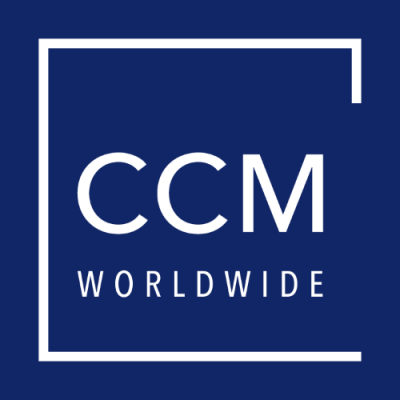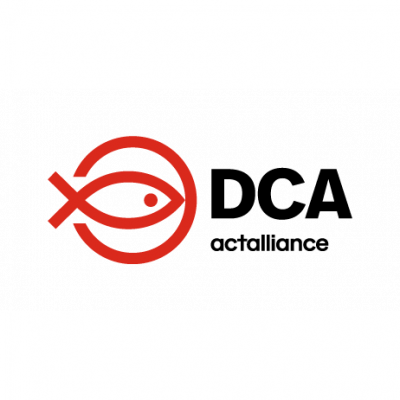Details
Description
Background
The Junior Professional Officer (JPO) Programme provides young talented professionals pursuing a career in development with the opportunity to gain hands-on experience in multilateral technical cooperation and international development within a UN agency.
The Joint United Nations Programme on HIV/AIDS (UNAIDS) leads and inspires the world to achieve its shared vision of zero new HIV infections, zero discrimination and zero AIDS-related deaths. UNAIDS unites the efforts of 11 UN organizations—UNHCR, UNICEF, WFP, UNDP, UNFPA, UNODC, UN Women, ILO, UNESCO, WHO and the World Bank—and works closely with global and national partners towards ending the AIDS epidemic by 2030 as part of the Sustainable Development Goals.
Furthermore, the UN Joint team prioritizes reduction of new HIV infection among Adolescent Girls and Young women, Key Population and elimination of Mother to Child Transmission of HIV by addressing structural barriers through innovative multisectoral partnership.
Content and methodology of supervision
As part of the UNAIDS JPO programme overall framework, the JPO will benefit from the following supervision modalities:
Structured guidance provided by the UNAIDS Country Director and other members of the UNAIDS Country Office (UCO) Team especially at the beginning of the assignment, with the purpose of increasing the JPO’s understanding of their responsibilities, knowledge of the context of their work to enable them deliver on their responsibilities.
Establishment of a work plan, with clear deliverables to guide their work and facilitate completion of their annual Performance Evaluation Reports.
Knowledge sharing and periodic review of their work for the provision of guidance and feedback.
Participation in UCO Team/Office meetings to ensure integration and operational effectiveness.
Guidance and advice in relation to learning and training opportunities within the field of expertise.
Regular calls organized by the Human Resources Department (individually and/or as a group) to establish a community of practice and provide networking opportunities for JPOs. Specific emphasis is set on mentoring and supporting first-year JPOs.
Learning and Training component
Upon completion of the assignment the JPO will have/ will be able to:
Demonstrate a thorough knowledge of the AIDS epidemic in Kenya and its implications on the national development aspirations.
Fully understand the devolved governance system of the HIV response and partnership landscape in Kenya.
Demonstrate a good understanding of the national HIV response, the structural barriers (cultural, policy and laws) and key players/partners of the response
The UN Sustainable Development Cooperation Framework, its coordination structures and modalities of implementation in support of Kenya to achieving the SDG goals
Demonstrate competence in ‘translating’ strategic information into national and County level interventions to strengthen prevention, care and Treatment for vulnerable groups.
Demonstrate proficiency in the development of the UN Joint Program and in the application of the ‘Three Ones’ principles of coordination.
The JPO training programme includes the following learning elements:
On the job and online trainings
The JPO position includes a Duty travel and training allowance (DTTA) of $ 4.000 per year which may be used for learning activities related to the assignment and career development.
Duties and Responsibilities
The Mandate of the UNAIDS office in Kenya is to:
Provide leadership, leverage strategic partnerships and coordinate UN system wide response to support the implementation of the Global AIDS Strategy 2021-2026 and the Political Declaration Commitment by ending inequality that fuel the AIDS epidemic within the SDG framework.
Promote generation and use of strategic information to better understand the source of inequality and barriers that fuel new infections, track the epidemic, measure progress and impact of the response.
Support efforts to strengthen capacities of communities, community led monitoring and their meaningful engagement in Universal Health, social protection and human rights mechanisms applying GIPA principles.
Provide intellectual leadership to guide policy decisions and programmes, including the creation of an enabling political, fiscal and legal environment and full integration of HIV in humanitarian settings.
Promote, support and guide national partners, the UN system and private sector in integrating HIV and AIDS into wider Universal Health Coverage and country development plans both at national and subnational levels to end AIDS as a public health threat by 2030 leaving no one behind.
Under the direct supervision of the UNAIDS Country Director (UCD), the incumbent will:
Will liaise and work closely with the UCO team, UN Joint Team on AIDS, GF, PEPFAR, country level partners, and Community networks to harmonize and advance an evidence-informed approach to the national AIDS response.
Support the UCO in contributing to the RCO led joint UN initiatives within the UN reform agenda including the SDG Partnership Platform that brings government, Private sector, Foundations and Development Partners.
Support engagement and partnership with private sector for innovative and sustainable solutions
Will have an important role in supporting the UCO, NACC, civil society organisations, People living with HIV networks, the UNJT to effectively contribute to the HIV response in addressing gender equality, advancing human rights and climate change.
Strengthening HIV communication and advocacy, as well as COVID-19 impact on HIV services for special groups.
Assist the UCO in documentation and compilations of human stories in relation to HIV prevention, treatment and care, human rights and HIV related stigma and discrimination on.
Support documentation of best practices and innovations for knowledge management
Support counties to effectively coordinate and implement KASF II and Global AIDS Strategy priority result areas towards achieving 95:95:95.
Assist the UCO in tracking COVID-19 developments and related data for reporting on various platforms and the impact of COVID-19 in the HIV response for special groups of UNAIDS interest (PLHIV, AGYW, women, young people, Key populations and People living with disability) .
Competencies
Commitment to the AIDS response, Integrity, Respect for diversity
Working in teams
Delivering results
Applying expertise and
Building relationships and Networks
Required Skills and Experience
Education:
Master degree or equivalent in international development, international relations, Communication, public health, management or similar fields.
A first-level university degree (Bachelor’s degree or equivalent) in combination with qualifying experience (at least 3 years of relevant working experience) may be accepted in lieu of an advanced university degree
Part of the candidates' academic training (BA or MA) must have taken place in a developing country that appears on the following list of eligible countries of the Dutch JPO Programme:
Working experience:
Minimal 2 years to maximum 4 years (with MA) or minimal 3 years to maximum 4 years (with BA) relevant working experience preferably in programme management in public or private sector at the national or international level, experience in data analysis and coordination.
Experience working in the areas of gender, human rights, humanitarian setting including working with refugees and internally displaced people, and civil society partnership will be an advantage.
Working experience within the UN system should not exceed 50% of the relevant working experience including UNV, (paid) UN internship and UN consultancy.
All paid work experience since obtaining Bachelor’s degree can be considered. Internships will be considered if relevant to the position.
Languages:
Essential: Excellent knowledge of English.
Desirable: the knowledge of any other UN language





